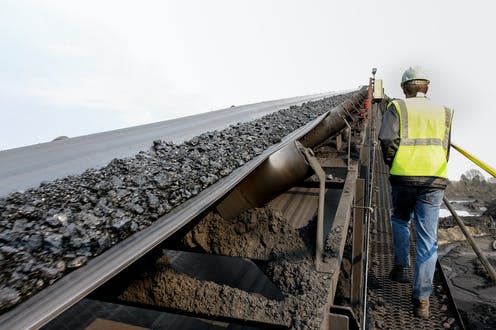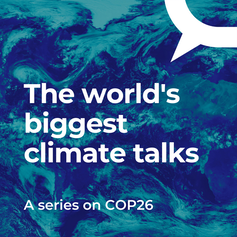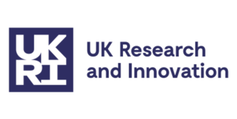The fossil fuel era must end – so what happens to the communities it built? Climate Fight podcast part 3

In the shift away from fossil fuels, how do countries make sure not to widen inequalities in the process? This is part three of Climate fight: the world’s biggest negotiations, a series on the UN climate summit in Glasgow by The Anthill podcast. For this episode, we travelled to Whitehaven – a town on England’s north-west coast that could soon host the UK’s first deep coal mine in more than three decades.
Whitehaven was once the centre of an industrial heartland, boasting chemical plants, steelworks and shipyards. Those days are gone, and the jobs with them. West Cumbria Mining, the company behind the proposed Woodhouse Colliery near Whitehaven, promises to restore some of that lost prosperity, and Kallum White, a 20-year-old who lives locally, hopes it succeeds. Describing job losses and a suicide epidemic as part of a “nasty cycle”, White said: “The mine might give us an opportunity to start fixing that.”
Environmental campaigner Gaile Stevens isn’t so sure. “We need jobs that are going to be secure long term,” she said. Her ideas for the region include creating more green jobs in sectors like public transport, waste management and tourism.
These competing visions for west Cumbria grapple with the same problem: how regions that have suffered the most from decades of deindustrialisation can thrive in the shift to a low-carbon economy. A just transition is supposed to help communities like the one in Whitehaven and people still employed in high-carbon work like coal mining by offering them the chance to retrain in green industries and to shape these emerging sectors with their expertise and insight.
Rebecca Ford, a senior lecturer in politics at the University of Strathclyde, explains that the goal is to ensure the shift to new forms of work “don’t just widen inequalities”. Rebecca Willis, a professor in practice at Lancaster Environment Centre, Lancaster University, argues that a just transition could unite broad swathes of society around a positive vision of decarbonisation:
We’ve got to get to net zero – that’s non-negotiable. But there are lots of ways that we can do that make west Cumbria a better place.
Research like Kieran Harrahill’s – a PhD candidate in bioeconomy at University College Dublin – could help us understand how to do that. By comparing the closure of a coal mine in Australia with one in Germany, Harrahill showed that governments can wind down polluting sectors of the economy without leaving people jobless, so long as they provide “a seat at the table for workers and… a clear plan for… what the new jobs will be”.

This story is part of The Conversation’s coverage on COP26, the Glasgow climate conference, by experts from around the world.
Amid a rising tide of climate news and stories, The Conversation is here to clear the air and make sure you get information you can trust. More.
The Climate Fight podcast series is produced by Tiffany Cassidy. Sound design by Eloise Stevens and the theme tune is by Neeta Sarl. The series editor is Gemma Ware.
A transcript of this episode is available here.
You can find us on Twitter @TC_Audio, on Instagram at theconversationdotcom or via email on podcast@theconversation.com. You can also sign up to The Conversation’s free daily email here. You can listen to The Anthill podcast via any of the apps listed above, download it directly via our RSS feed, or find out how else to listen here.

Climate Fight: the world’s biggest negotiation is a podcast series supported by UK Research and Innovation, the UK’s largest public funder of research and innovation.
This article is republished from The Conversation under a Creative Commons license. Read the original article.

The Conversation has received support from UK Research and Innovation to make the Climate Fight podcast series. Kieran Harrahill has received funding from Teagasc, the Irish Agriculture and Food Development Authority. Rebecca Willis has received funding from UKRI (Research Council grant ref MR/TO22884/1) and is an associate of Green Alliance and a trustee of the New Economics Foundation. Rebecca Ford receives funding from the Engineering and Physical Sciences Research Council, Innovate UK, UKRI and Economic and Social Research Council COP26 Fellowship and Scottish Funding Council's Energy Technology Partnership Knowledge Exchange programme.

 Yahoo News
Yahoo News 